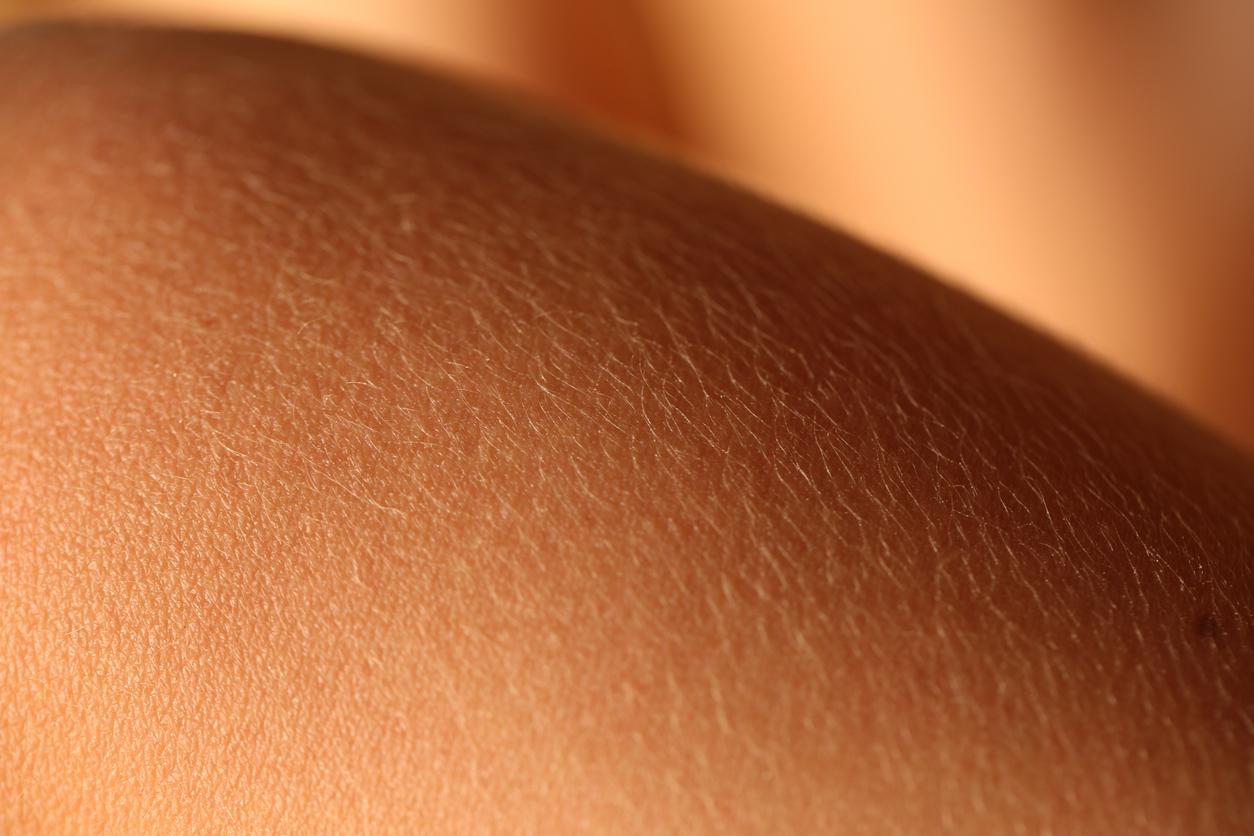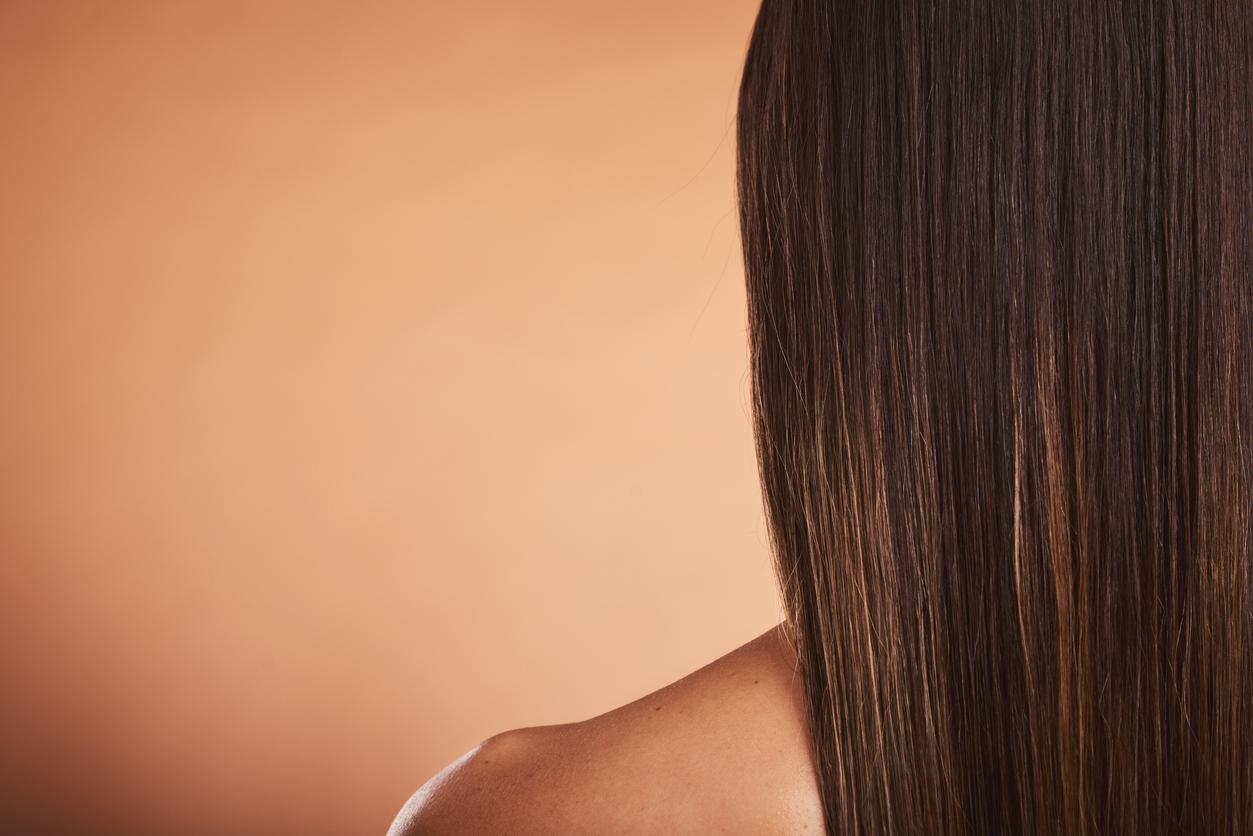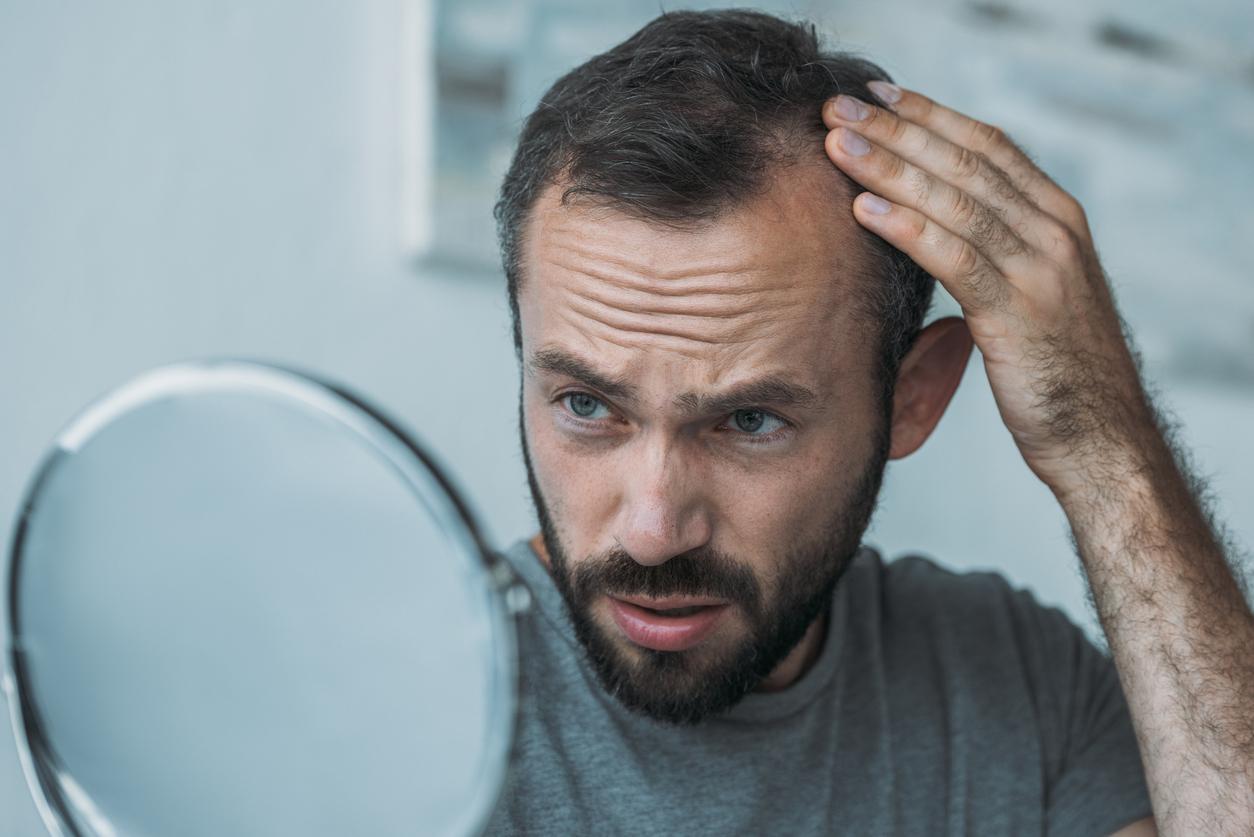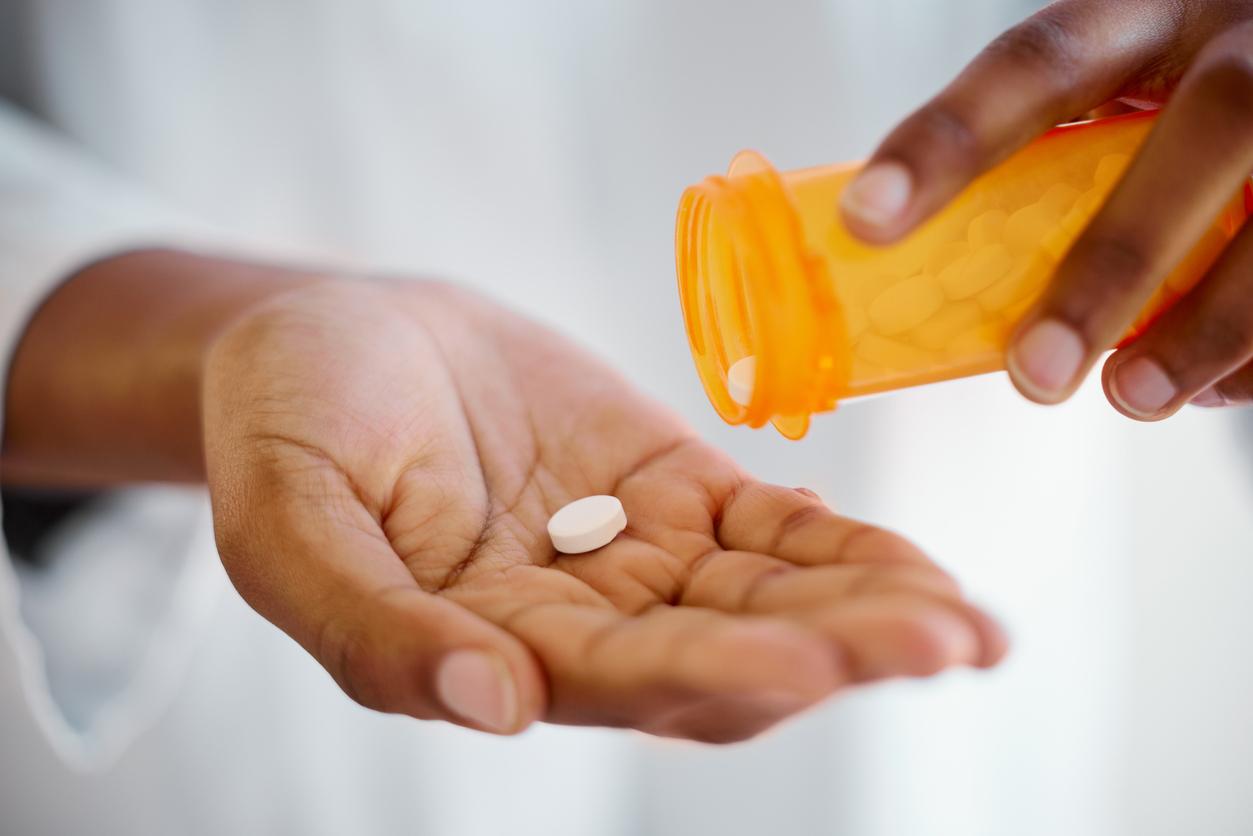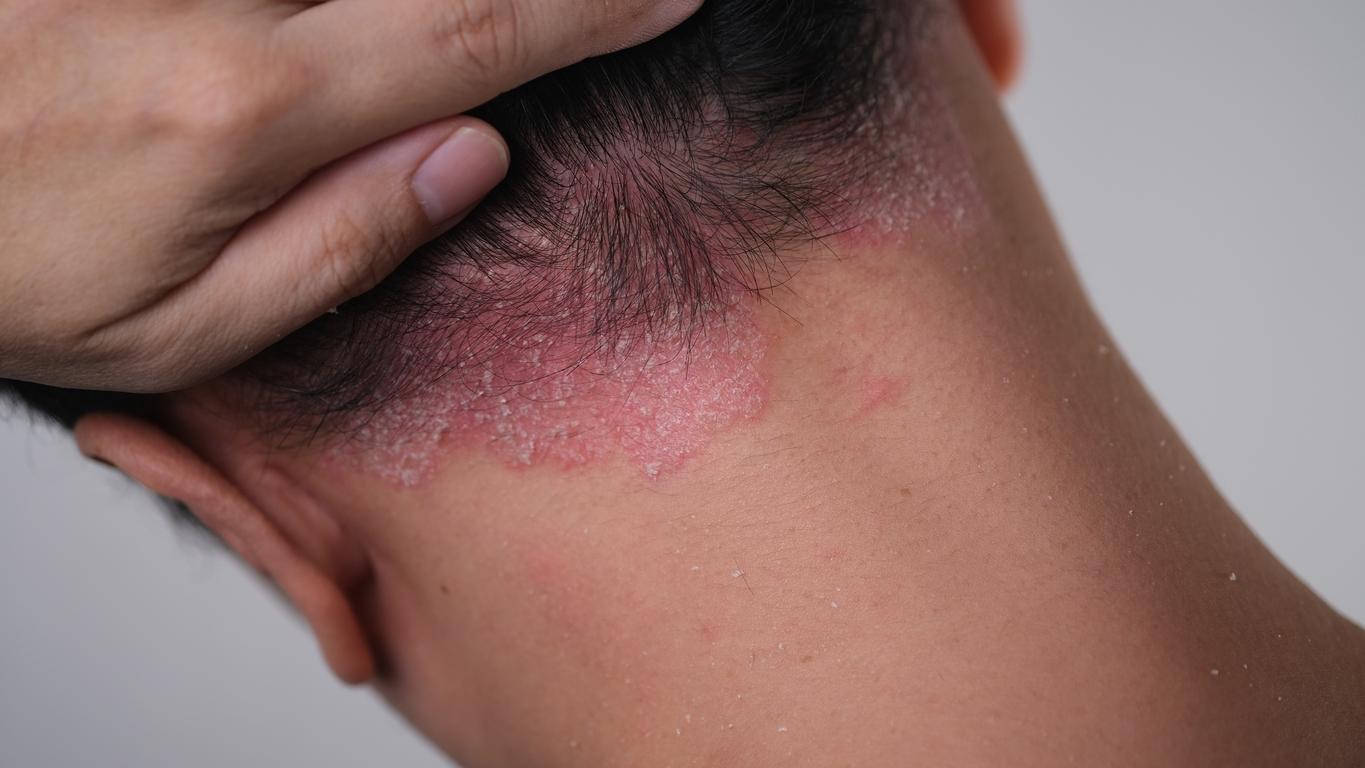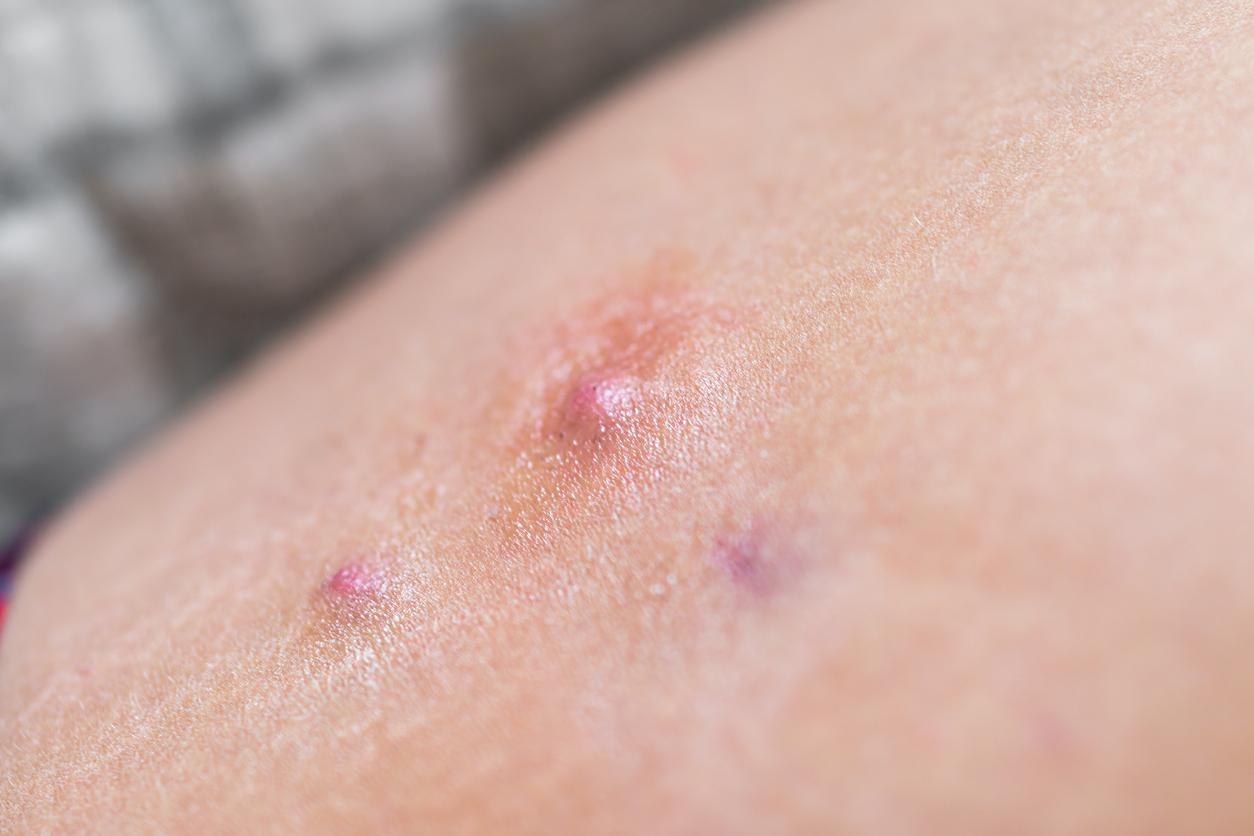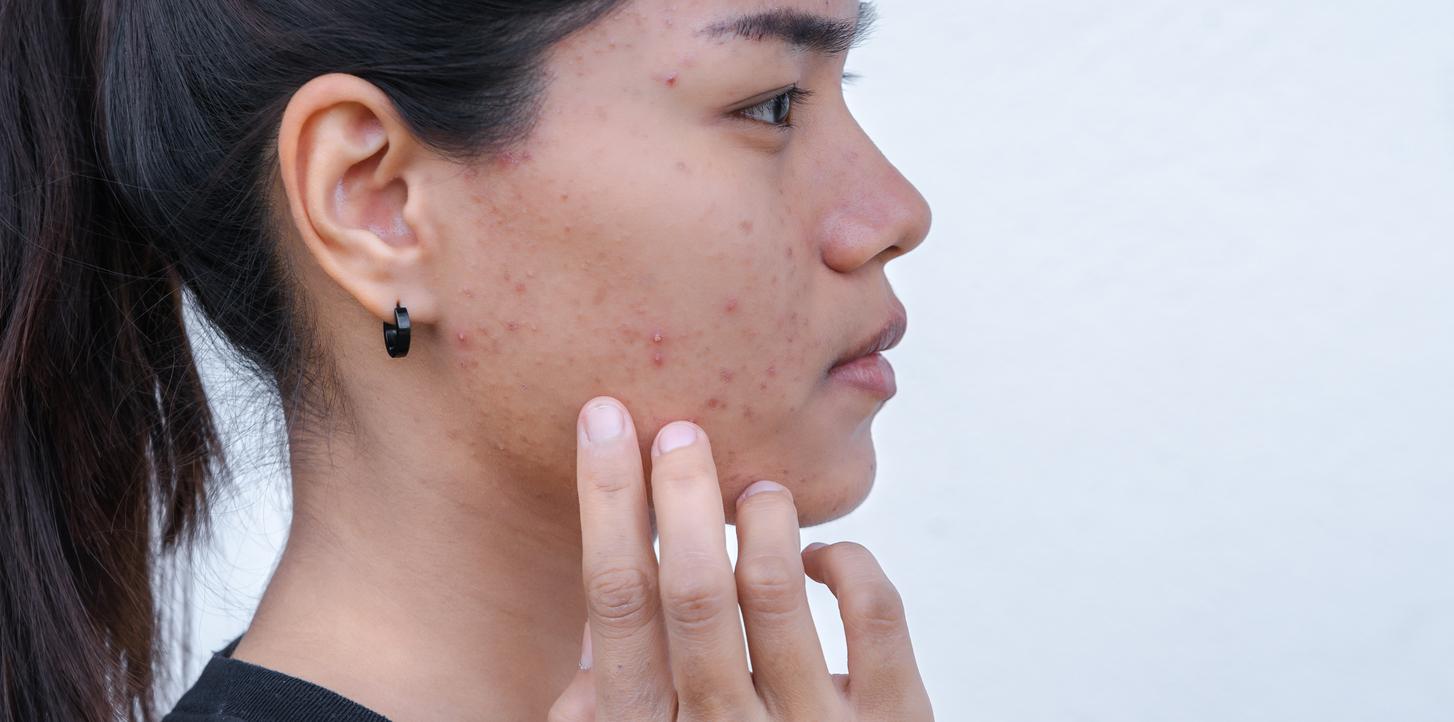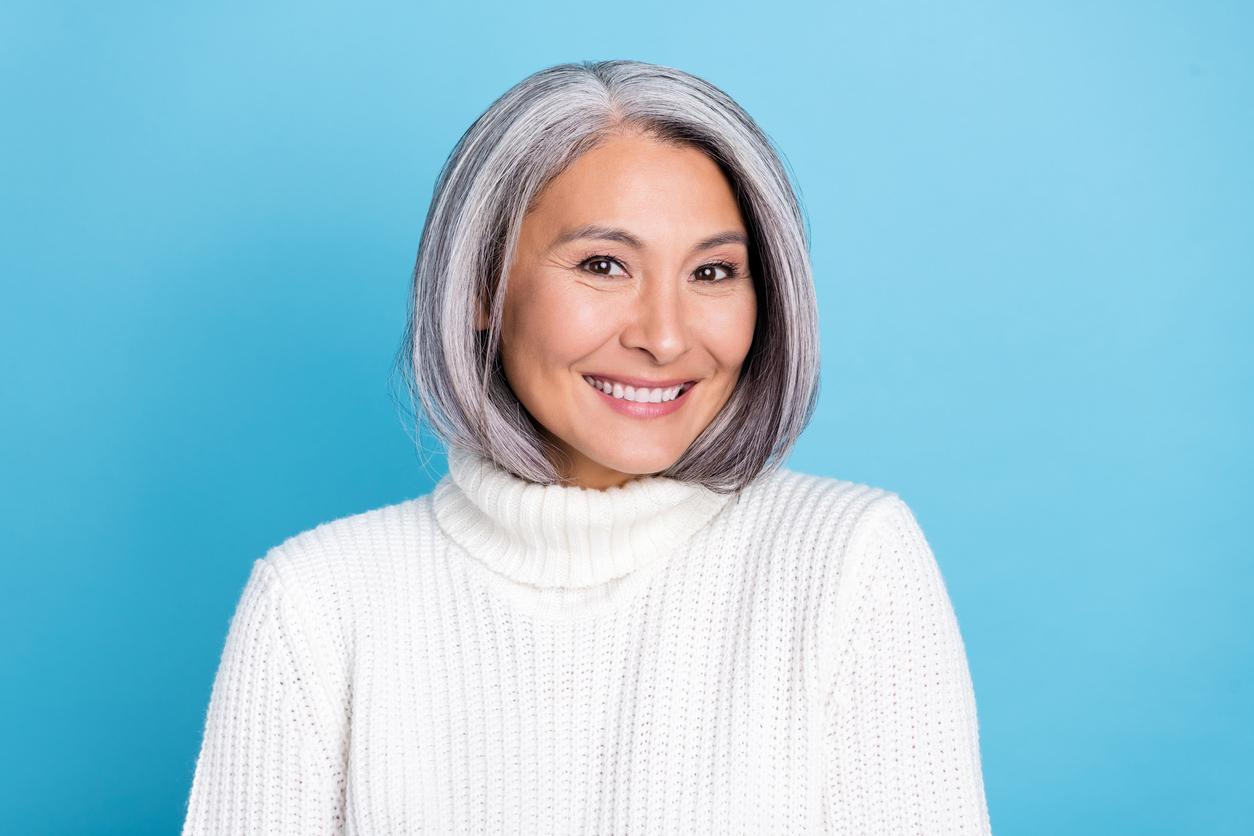The skin and its signs of degradation (fine lines and wrinkles, dark spots) are the most visible expression of aging. The genetic component plays a big part in the cellular decline of the skin, but so does what we eat. To nourish the skin from the inside, certain substances are particularly important.
The fibers promote good transit, and therefore the elimination of toxins that blur the complexion. They are found in fruits and vegetables, whole grains, legumes, dried fruits.
The antioxidants (vitamins A, C, and E, zinc, selenium) help fight against free radicals, providers of wrinkles, and participate in various physiological mechanisms of the skin. To draw from fruits and vegetables of orange, red, green color, aromatic herbs and spices, the tea.
B vitamins help maintain healthy skin. B5 and B1 promote cell growth, B9 has a balancing action, B2 and B6 regulate sebum production. Tap into unprocessed foods, whole grains, legumes, and boost foods like brewer’s yeast and wheat germ.
Omega 3s condition the good health of all tissues and therefore of the skin. For a sufficient intake, consume fatty fish twice a week (salmon, tuna, mackerel, sardines, etc.), and daily rapeseed, walnut and soybean oil.
Zinc helps in healing the skin. It is found in shellfish and crustaceans.
Magnesium contributes to the strength of skin fibers. To be found in oilseeds, whole grains, chocolate, waters rich in magnesium.
The 5 basic rules
A beautiful skin diet would not be enough to prevent premature aging of the tissues without these essential actions:
Protect your skin from the sun.
Avoid tobacco.
Moisturize it morning and evening.
Remove makeup every night.
Drink enough water throughout the day.
Are there foods to keep your hair looking beautiful?
While diet can do nothing against the appearance of gray hair or the slowing down of hair renewal as a result of aging, a balanced and healthy diet nevertheless helps to preserve hair as long as possible. Like the skin, they also feed on the inside and they are particularly hungry for certain nutrients:
• Proteins, which provide amino acids necessary for the production of keratin.
• Zinc and sulfur.
• The iron, essential for the good oxygenation of the hair fiber. Hair loss can also be a sign of iron deficiency.
• Group B vitamins, which strengthen the roots and participate in the production of keratin.
In practice
In case of raplapla hair, bet on fish, shellfish, crustaceans, egg yolk, lentils, brewer’s yeast, wheat germ.
What to do in case of hair loss?
Many factors can be the cause of abnormal hair loss: anemia, nutritional deficiencies, dysfunction of the thyroid gland, stress, emotional shock, taking certain medications (contraceptives, cholesterol medication , hypertension), repeated use of aggressive styling products, etc. Also, faced with abnormal hair loss, it is advisable to consult a dermatologist to determine the cause and treat it.










